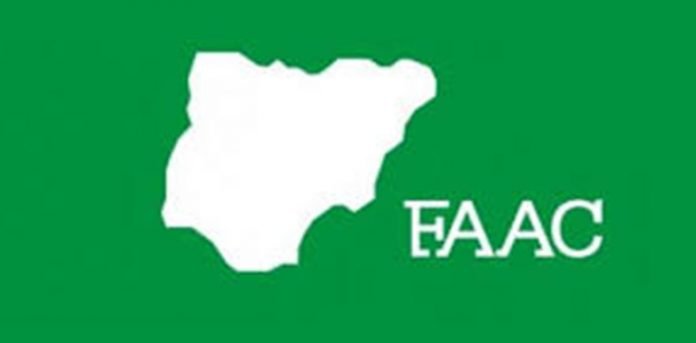The revenue allocation to federal, state, and local governments has declined from a peak of N970.57bn in July 2021 to N680.783bn in May 2022.
This represents a 30 percent reduction over the period.
The decrease in allocation to these levels of government reveals the fiscal challenges facing various levels of government in Africa’s biggest economy.
“It is obvious that with this outlook, state governments will not be able to execute capital projects, pay salaries and meet other needs. This is time for states to look inwards,” said Professor of Economics at Covenant University, Jonathan Aremu, in a telephone interview last night.
According to the International Monetary Fund estimation, Nigeria earns its biggest revenue from crude oil, but it has paid N2.1tn in the first six months of the year and could pay another N4tn by the end of the year.
However, the opaque and fraudulent subsidy regime has made it nearly impossible for the Nigerian National Petroleum Corporation to make remittances to the government consistently.
The Federal Government has raised its budgetary allocation of N443 billion for gasoline subsidy to N4 trillion and has received approval from the National Assembly.
The situation is worsened by declining oil production and theft. Oil production fell to 1.2 million barrels per day in April 2022 from 1.238 million barrels in March, according to OPEC Monthly Oil Market Report. This is far from the oil benchmark of 1.88 million barrels per day in the 2022 budget.
![]()










